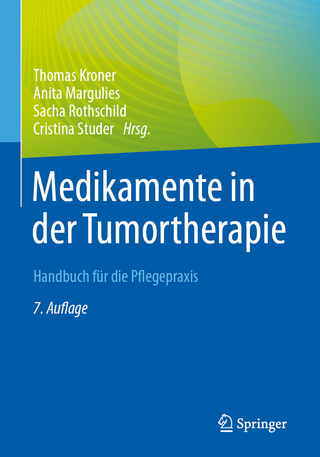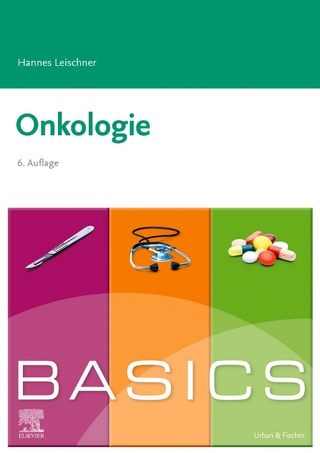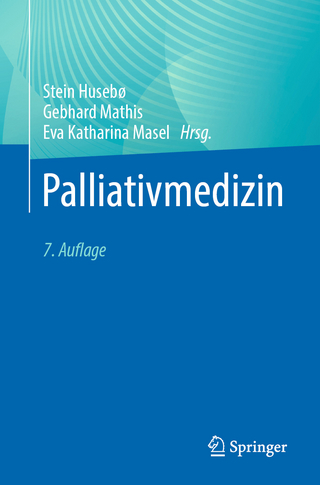Short-Term Test Systems for Detecting Carcinogens
Springer-Verlag Berlin and Heidelberg GmbH & Co. K
978-3-540-09203-2 (ISBN)
Lese- und Medienproben
- Titel ist leider vergriffen;
keine Neuauflage - Artikel merken
Such reaction will occur after carcino- gen treatment of animals with nucleic acids par- ticularly in target organs. It is reaction with nucleic acids that provides the basis of a num- ber of short-term tests for carcinogens, since the basic composition of DNA is similar in micro-organisms and in human cells.
Opening.- Section I Significance and Validity of Short-Term Tests for Detecting Carcinogens - General onsiderations.- In Vitro Assays to Predict Carcinogenicity?.- Microbial Assays: Evaluation and Application to the Elucidation of the Etiology of Colon Cancer.- Validity of Bacterial Short-Term Tests for the Detection of Chemical Carcinogens.- The Significance and Interpretation of in Vitro Carcinogenicity Assay Results.- Some Aspects of Bacterial Mutagenicity Testing.- Mutagenicity of Closely Related Carcinogenic and Noncarcinogenic Compounds Using Various Metabolizing Systems and Target Cells.- Possibilities for an Adequate Stepwise Carcinogenicity Testing Procedure.- Section II Correlations Between in Vitro and in Vivo Results-Investigations Using Different Test Systems.- Validity of Test Systems Used in the Detection of Mutagenic and Carcinogenic Properties of Chemical Substances.- Quantitative Molecular Dosimetry of Ethyl Methanesulfonate (EMS) in Several Genetic Test Systems.- Comparative Results of Short-Term in Vitro and in Vivo Mutagenicity Tests Obtained with Selected Environmental Chemicals.- Correlations Between Primary Effects of Xenobiotics in Liver Cells in Vitro and Their Mutagenicity and Carcinogenicity in Vivo.- The Microbial Host-Mediated Assay in Comparison with in Vitro Systems: Problems of Evaluation, Predictive Value and Practical Application.- Mutagenic and Carcinogenic Effects of Antimetabolites.- Section III Use of Mammalian Cells for Short-Term Testing of Carcinogens.- Mutagen-Metabolizing Enzymes in Mammalian Cell Cultures: Possibilities and Limitations for Mutagenicity Screening.- Studies on the Detection of Carcinogens Using a Mammalian Cell Transformation Assay with Liver Homogenate Activation.- Effects of Different Polycyclic Aromatic Hydrocarbons on Cultured Fetal Hamster Lung Cells and Tracheal Expiants.- Malignant Transformation of Mammalian Cells in Culture by Chemical Carcinogens.- Section IV Methodological Aspects with Emphasis on Standardisation of Test Procedures and Interpretation of Test Results.- Metabolizing Systems Used for in Vitro Mutagenicity Testing.- Factors Modulating Mutagenicity in Microbial Tests.- Oxygenase-Independent Activations of Carcinogens.- Some Practical Problems Experienced in Attempts to Predict Carcinogenicity from Short-Term Tests.- Interlaboratory Variations of Test Results.- Biostatistics of Ames-Test Data.- Section V New Experiences with Short-Term Tests - Response of Some Environmental Carcinogens.- Mutagenic Effects of Chlorinated Aliphatic Hydrocarbons; Influence of Metabolic Activation and Inactivation.- Comparative Mutagenic Evaluation of Some Industrial Compounds.- Test Systems for Detection of Mutagenic Activity of Environmental Pollutants.- Bacterial Mutagenicity Testing of Polycyclic Aromatic Hydrocarbons.- Studies on Combination Effects of Chemical Carcinogens in Short-Term Tests.- Mutagenic Activity of Airborne Particulate Pollutants.- Carcinogen Control in the Urine of Dogs.
| Zusatzinfo | biography |
|---|---|
| Verlagsort | Berlin |
| Sprache | englisch |
| Gewicht | 910 g |
| Themenwelt | Medizin / Pharmazie ► Medizinische Fachgebiete ► Onkologie |
| ISBN-10 | 3-540-09203-X / 354009203X |
| ISBN-13 | 978-3-540-09203-2 / 9783540092032 |
| Zustand | Neuware |
| Haben Sie eine Frage zum Produkt? |
aus dem Bereich



